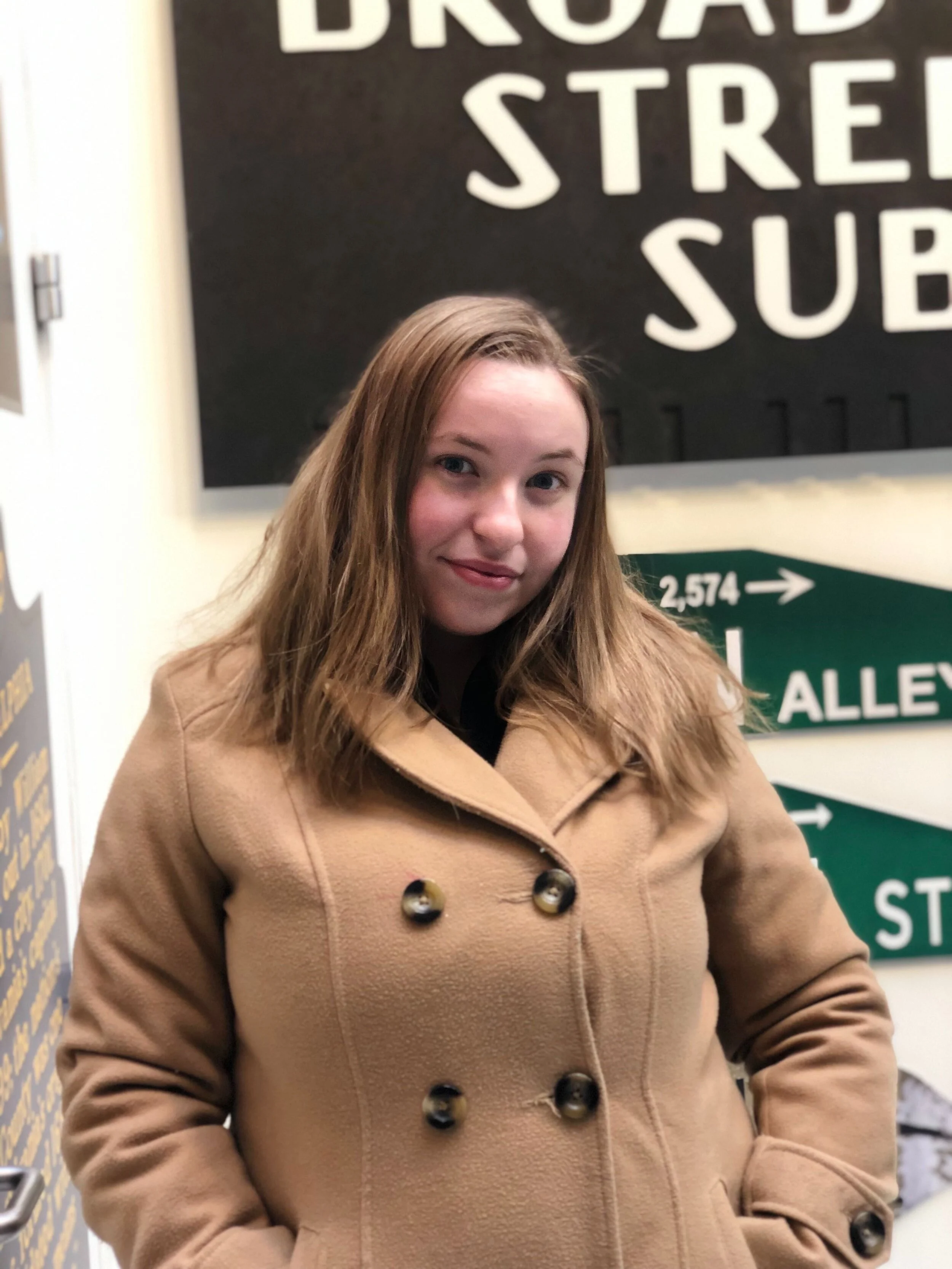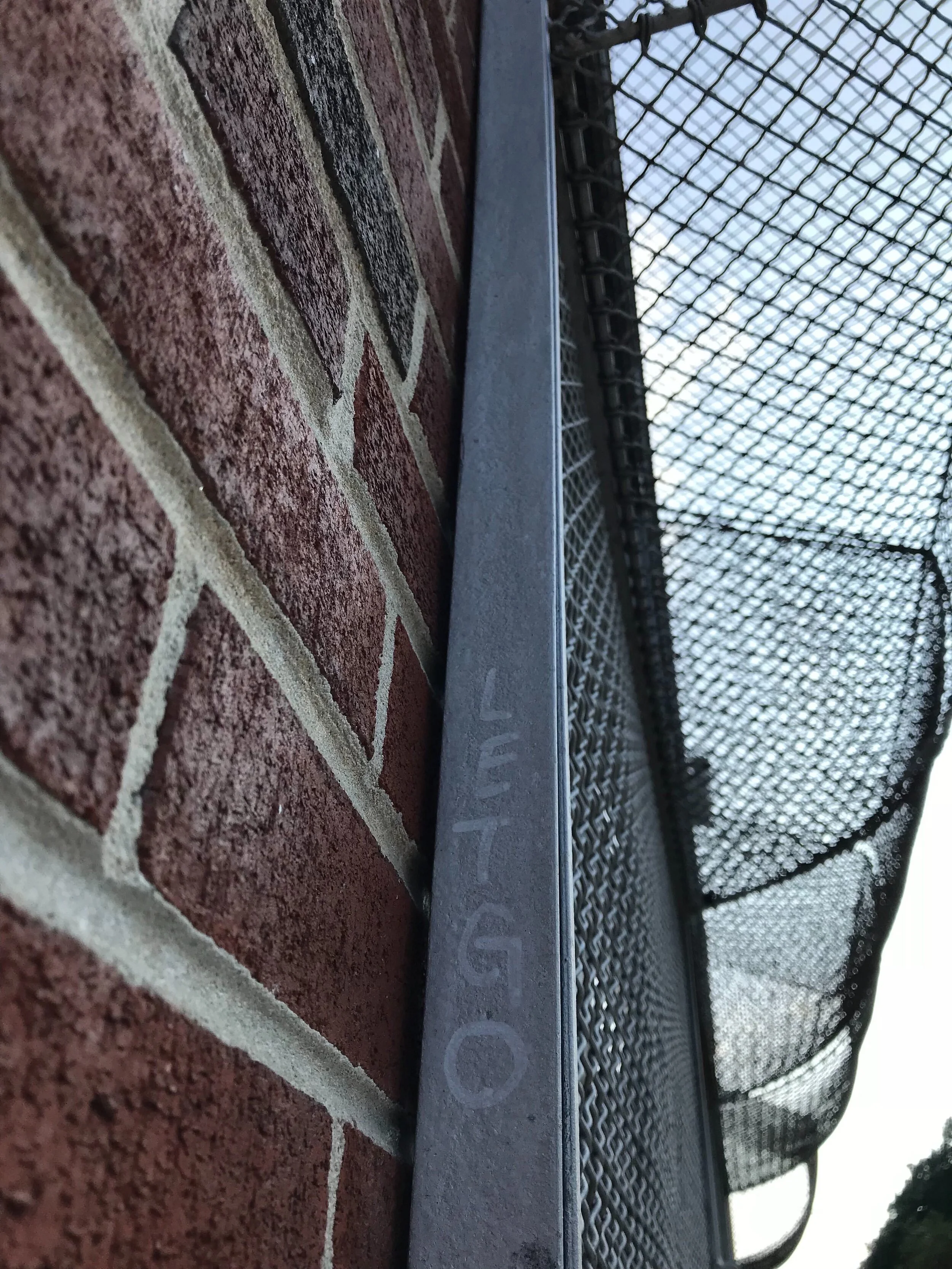The Things I've Kept Since
By Maggie Mancini
Trigger Warning: This article mentions sexual assault.
The bracelet I wore on my wrist the day I was raped sits trapped at the bottom of my dusty jewelry box, unused. I don’t wear jewelry anymore, so it goes unnoticed. What does not, however, are the nervous ticks I developed soon after.
I can’t go into a dressing room in a clothing store unless there’s a bolt on the door. I stumble when I speak, uncomfortable in my own skin. And I never, ever walk around my neighborhood without my keys secured in between my fingers, always questioning the sound of footsteps behind me.
Ten years ago, almost to the day, I was raped.
To get the initial questions out of the way, I was 11 years old. I was wearing a school uniform. I told multiple adults in charge of keeping me safe. I did not report it to the police. I was subsequently blamed by my school administrators. I still live in the same neighborhood as my rapist.
Many of the decisions I’ve made in the last decade have been made to keep myself as far away from him as possible. I have been examined by a doctor. I have told many people in my life, both past and present. And now, I’m sharing more publicly, because I believe that there’s something more to be said than just my story.
“One in five women and one in 71 men will be raped at some point in their lives” and “one in four girls and one in six boys will be sexually abused before they turn 18 years old,” according to the National Sexual Violence Resource Center.
To experience sexual abuse is to be conditioned to feel fear before anything else. To be raped is to question every half-second and to re-examine every possible misstep. It means to internalize your victim-blaming, to believe that it is deserved because of something you think you said or something you might have led on.
And to do that in the context of a Catholic elementary school means that you have been taught to doubt yourself. To ignore your pain. To endure.
I was raped in the middle of the school day. At the time, I didn’t fully understand the weight of the word, so I didn’t use it. I convinced myself that it was simply a boy being inappropriate, even with the long history of harassment leading up to the moment. From groping me in public to cornering me in an empty part of the school library, to comments and compliments about my body and how it related to other girls in our grade––these things were small. They were as insignificant as the sick feeling in my stomach whenever I would see him.
Now, as I enter 2020 with the rest of my life on the horizon, I think back to the aftermath of my assault. The anxiety that creeps into every aspect of my life. My isolation. My inability to form healthy romantic relationships. My fear of doctors. The part of my brain that won’t let me speak up for myself anymore. And though much of the last 10 years has been spent healing, healing is not linear.
Photo Credit: Maggie Mancini
There are some days when I feel perfectly normal. I’m able to go outside, be around people, and feel good in my soul. And then there are bad days. The days when I can remember the smell of the closet I was cooped up in, the February light shining in through the small window up toward the high ceilings in our classroom. All of my classmates’ eyes on me. And I feel everything like it’s the first time.
Though I have not been attacked in that way since, it’s not a secret that sexual abuse and rape are pervasive both on and off college campuses across the United States. 11.2 percent of students experience rape or sexual assault, according to RAINN. Though it is always difficult to experience and to share a story of sexual abuse in any form it occurs, any percentage of people experiencing sexual abuse is too many.
If you or someone you know has been the victim of sexual abuse, you can contact RAINN’s hotline at 800-656-HOPE. You can also contact the Philadelphia chapter of Women Organized Against Rape (WOAR) at 215-985-3333.


